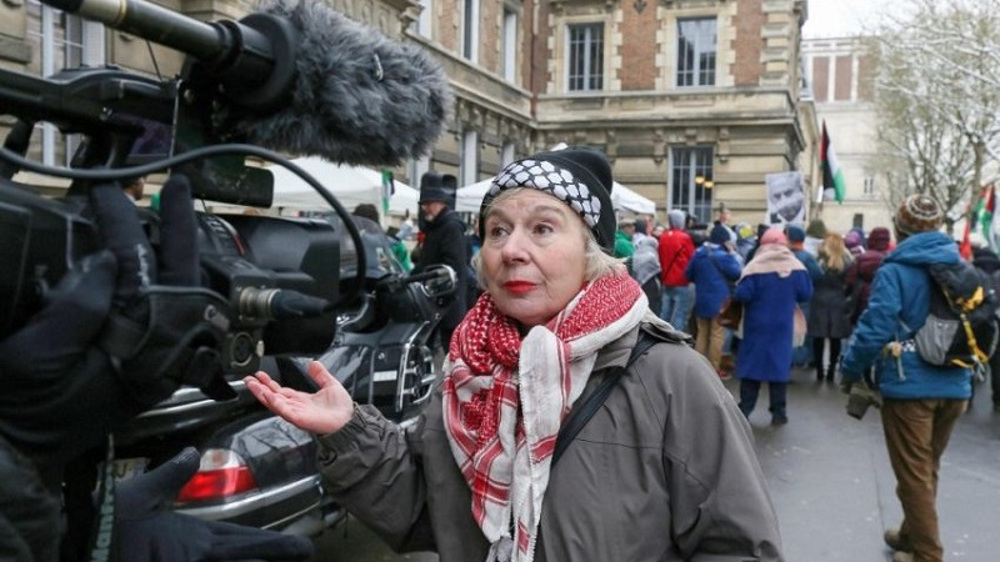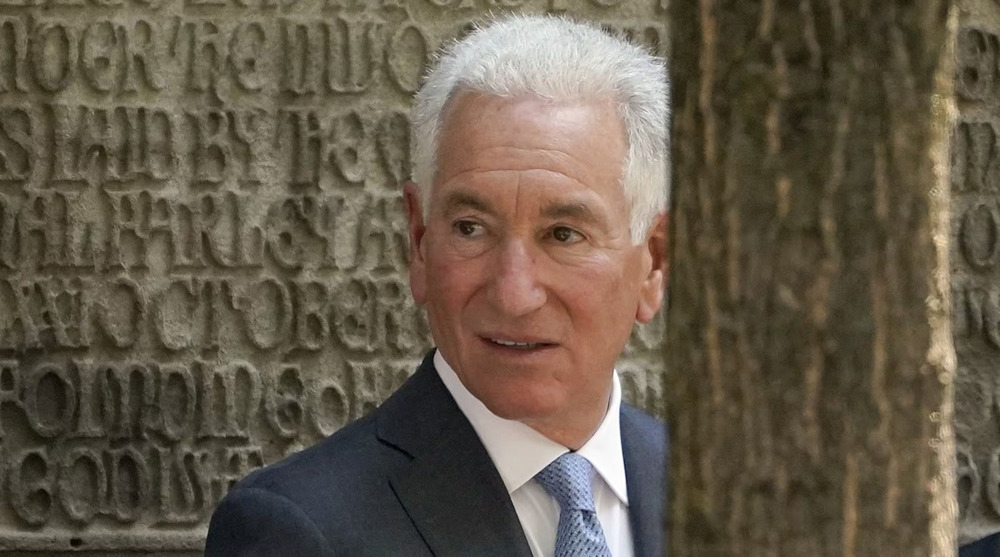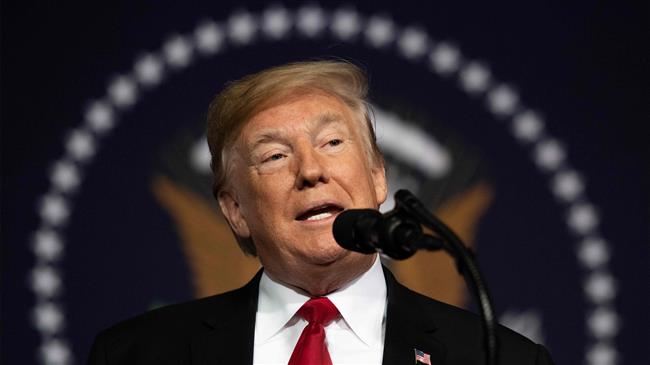Police heavily deployed to contain protests across France
A massive police operation has got underway across France amid huge protest rallies by tens of thousands of “yellow vest” demonstrators.
The operation on Sunday, particularly in the capital Paris, came after the country’s Interior Ministry announced that 89,000 police officers had been deployed in cities nationwide to confront an estimated 136,000 protesters.
The ministry also said 1,723 protesters had been arrested and that 200 people, including 17 police forces, had been injured in confrontations during the protests.
For several weeks, people in France have been protesting the economic policies of President Emmanuel Macron, who has been labeled as the “president of the rich.”
The unrest has inspired similar protests in Belgium and the Netherlands.

In Paris, police have been using tear gas and rubber bullets to disperse the protesters. Twelve armored vehicles have also been deployed for the first time.
Nearly 700 demonstrators have been taken into custody in the French capital — many of them at train stations and meeting points — for allegedly carrying hammers and other potentially destructive objects.
French authorities have also launched a probe into the social media accounts allegedly inciting support for the anti-government protests.

Authorities have credited the massive deployment of police forces by Interior Minister Christophe Castaner for averting a repeat of last week’s heavy destruction of public property in Paris, where looters have been seen smashing store fronts and setting vehicles and barricades on fire.
Clashes also broke out in other cities across France, including Marseille, Bordeaux, Lyon, and Toulouse, during a fourth weekend of nationwide protest rallies against rising living costs, and President Macron in particular.
Macron to address protesters’ concerns
The embattled president is expected to address the matter in a widely-anticipated speech in the coming days.
Macron gave in to some of the protesters’ demands earlier in the week regarding measures to help the poor and struggling middle classes, including by scrapping a planned fuel tax hike.
The move marked a major departure for a French president who had vowed not to be swayed by mass protests.
Another popular demand of the protesters is a reversal of Macron’s decision to slash taxes on France’s wealthiest in a bid to boost investment and create jobs — something he has so far ruled out.
The government has vowed “zero tolerance” for anarchist, far-right, or other trouble-makers seeking to wreak further havoc during protests.
Meanwhile, Prime Minister Edouard Philippe has congratulated police for their efforts to control the crowds in the Saturday demonstrations and vowed that Macron would address the demands made during the protests.
“The dialog has begun and it must continue,” Philippe said. “The president will speak, and will propose measures that will feed this dialog.”
‘Yellow vest’ protests spread to Belgium, Netherlands
The protest movement in France has further spread beyond the country’s borders.
In the Belgian capital, Brussels, nearly 400 “yellow vest” demonstrators were arrested on Saturday.

Belgian police fired tear gas and water cannon and made arrests after the protesters threw rocks and firecrackers and damaged shops and vehicles as they attempted to reach government buildings in Brussels.
In the second instance of violence in the Belgian capital in eight days, a crowd that police estimated to number at around 1,000 faced riot squads, who resorted to the use of water cannon and tear gas to prevent protesters from closing in on the European Union headquarters and the nearby Belgian government district.

Trump uses French protests to attack Paris Agreement
Meanwhile, US President Donald Trump has used the protests in France to advance his agenda against climate change control.
“Very sad day & night in Paris. Maybe it's time to end the ridiculous and extremely expensive Paris Agreement and return money back to the people in the form of lower taxes?” he tweeted on Saturday.
Trump has announced a decision to withdraw the US from the Paris Agreement, which has been hammered out to contain climate change, including through cuts on the use of coal. Macron had argued that higher taxes on fuel would help protect the environment.
170 students, teachers martyred in ‘deliberate’ strikes on Iranian schools: Minister
Iran’s air defense systems down six advanced Hermes drones
US defenses overwhelmed by Iran’s drone and missile barrages: WSJ
IRGC says second US THAAD anti-missile unit destroyed
CNN journalists abducted by Israel while reporting on damage from Iranian strikes
Iran denies attacks on Oman as it warns of US-Israeli ‘false-flag’ ops
Iran knows where Netanyahu convenes his meetings: Ex-IRGC chief
‘Law of jungle’: China says Israeli-US aggression against Iran must stop












 This makes it easy to access the Press TV website
This makes it easy to access the Press TV website